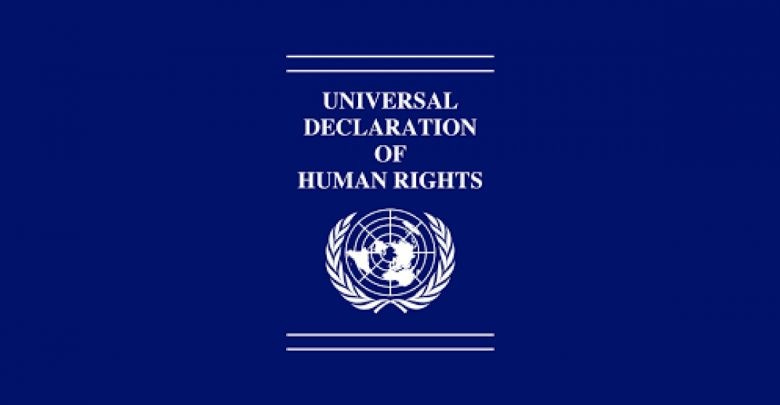The Universal Declaration on Human Rights
In 2021, a crack team of has-been politicians and world governance appealing socialists took a second look at the ‘Universal Declaration of Human Rights‘ - a key document of the United Nations - ensuring that it still relates to the 21st Century.
And the crack team goes by the name of the ‘Global Citizenship Commission‘, and it is headed by none other but the former Labour Prime Minister of the United Kingdom, Gordon Brown.
As a quick primer - on the relevant United Nations page we find -
‘The Universal Declaration of Human Rights (UDHR)1 is a milestone document in the history of human rights. Drafted by representatives with different legal and cultural backgrounds from all regions of the world, the Declaration was proclaimed by the United Nations General Assembly in Paris on 10 December 1948 as a common standard of achievements for all peoples and all nations.‘2
The list of commission contributors3 also include Klaus Schwab; a virtual shoe-in in the context of a human rights round table, and the Rothschild/Sen power couple, bridging the Rothschild empire and Collegium International world socialist governance ideology. There are other controversial names, more on that later.
The report, subtitled ‘A Living Document in a Changing World‘4 as released by the Global Institute for Advanced Study, starts by tracing back the history of the original document, adding that not only did Julian Huxley and Mahatma Gandhi contribute, but Eleanor Roosevelt in fact chaired it. And in this regard, both Huxley and Roosevelt’s political ideologies are well-documented5.
The intent was threefold - outline the general set of principles, the codification into law, and a practical means of implementation. Unfortunately, the latter two points proved impossible to complete, thus she left us with a number of well-meaning principles, but unfortunately no way to push beyond just that.
The principles are meant to provide a ‘common conscience for humanity’, and a ‘call for action’. And that the former sounds rather a lot like ‘morals’ which would make the latter a ‘moral call’ - my favourite - is just a coincidence.








